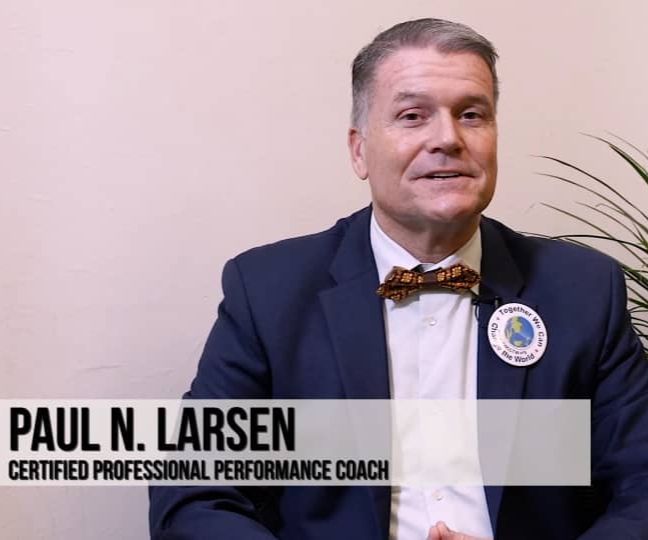'The Great Unbossing' is the Latest Trending Term Making the Rounds

Image is from freepik.com by @rawpixel
Have you heard the latest workplace trend doing the rounds? No, it's not the Great Resignation or Quiet Quitting; there's a new corporate buzzword in town: the ‘Great Unbossing.’ Initially, I dismissed it as just another buzzword, but there's a compelling reason why this trend merits attention.
The Great Unbossing
So, what exactly is the ‘Great Unbossing’? Companies are reportedly removing middle management and restructuring their hierarchies in favour of decentralised, autonomous teams. Employees at these companies will now communicate directly with senior executives, bypassing traditional managerial layers.
This concept isn't entirely new. Since the 1980s, organisations have been slashing middle management under the guise of ‘rightsizing,’ ‘downsizing,’ or ‘restructuring.’ It’s a drastic but appealing measure, especially during tough economic times like those we're experiencing in Australia. With the cost of business soaring, labour expenses are a primary target for cuts.
Middle Management Under Threat
Middle management is particularly vulnerable. Data from Live Data Technologies shows that in the USA, the percentage of layoffs involving middle managers rose from 26% in 2018 to 50% in 2023. This trend is rapidly spreading globally.
But here's the critical difference: unlike in past decades, we now have advanced AI. This AI isn't just for creating jargon-heavy LinkedIn posts or handling customer service queries; it's capable of performing many administrative and managerial tasks that middle managers typically handle, such as workflow management and reporting.
If you’re a middle manager whose role revolves around these routine tasks, the ‘Great Unbossing’ isn't just another fleeting trend. It's a clear indication that the workplace landscape is undergoing a significant shift, potentially jeopardising your position.
Speaking from personal experience—having been involved in numerous restructures as a designer of change, a leader implementing change, and as someone impacted by it—it's crucial to heed this warning.
It's an opportunity to redefine your role within your organisation and shift towards strategic, high-impact functions that require human ingenuity and leadership.
Embracing the B-Suite
Middle managers should focus on areas where AI falls short: emotional intelligence, creative problem-solving, mentorship, and driving innovation. I call those who excel in these areas the B-Suite.
B-Suite leaders drive engagement, foster development, and reinforce the company's strategic vision at every level. They aren’t worried about AI taking their jobs because it can't—at least, not yet.
Their unique human skills—emotional intelligence, strategic thinking, and the ability to inspire their teams—are irreplaceable.
You may like this: Why We Need To Invest In Our B-Suite Leaders
After all, you can't "unboss" what AI can't replace. While ChatGPT and other AI tools are impressive, they can't replicate the nuanced leadership and human touch that a B-Suite leader provides.
This becomes evident when examining real-world examples of ‘unbossing.’
Companies like Google and Zappos have experimented with eliminating middle managers. Google’s Project Oxygen initially removed them but quickly reinstated them. Zappos' Holacracy, which promoted "no job titles and decentralised self-management," was quietly scaled back due to its ineffectiveness.
Discover: Middle Managers: The Forgotten Heroes of Innovation
These experiments show that while bad middle managers can be dispensed with, good ones are indispensable.
Rebossing for the Future
So, it's time to redefine yourself and your leadership before the trend does it for you.
And as I’ve been saying to all my clients, be it middle managers or their bosses: the future isn't about unbossing; it's about rebossing ourselves with skills and qualities that technology can't replicate.
Edited by: Kiran Tuljaram
Functional
Tags: HR, Talent Development, learning, Artificial Intelligence
Rebecca Houghton, author of ‘Impact: 10 Ways to Level up your Leadership’, is a Leadership and Talent Expert and founder of BoldHR. Rebecca builds B-Suite leaders with C-Suite impact by working at a strategic, team and individual level. For more information about Rebecca can help your team visit www.boldhr.com.au





